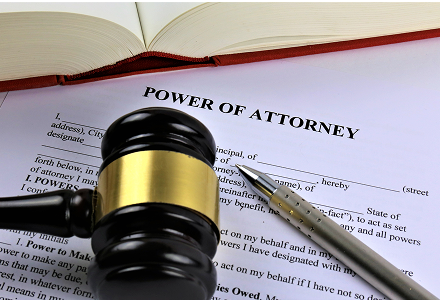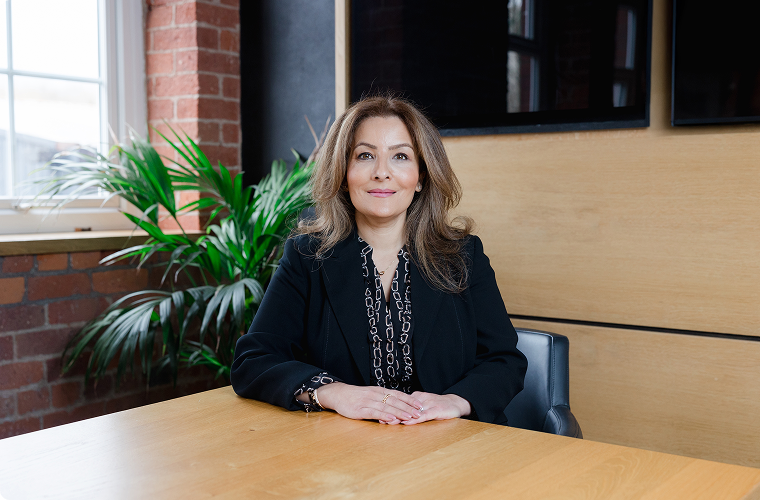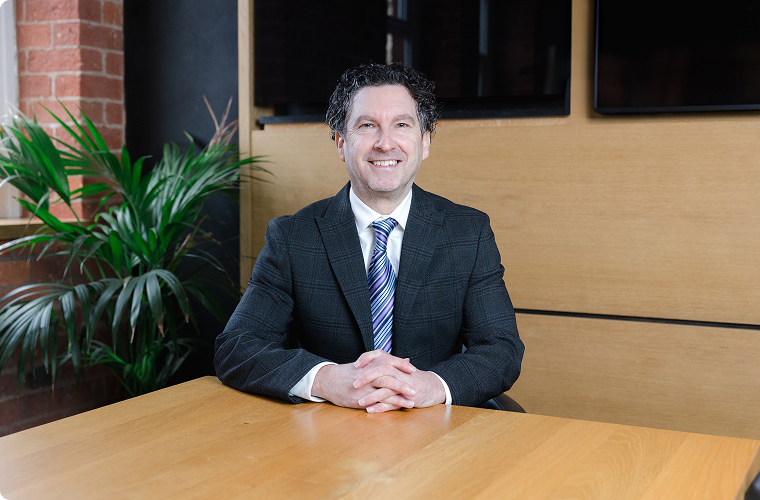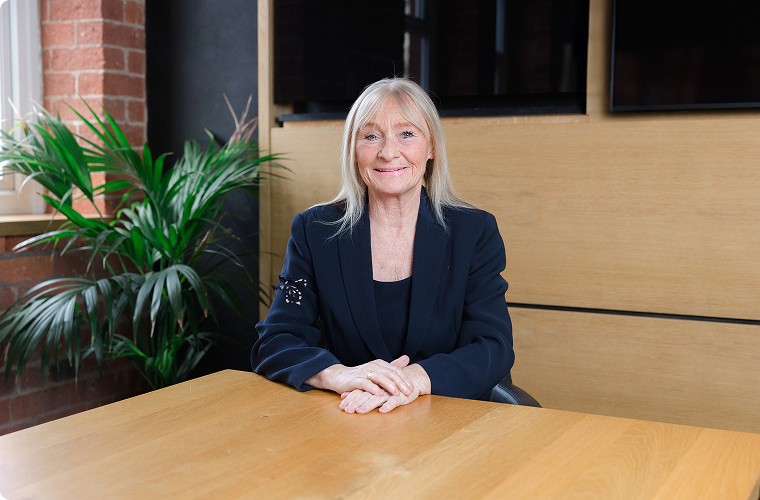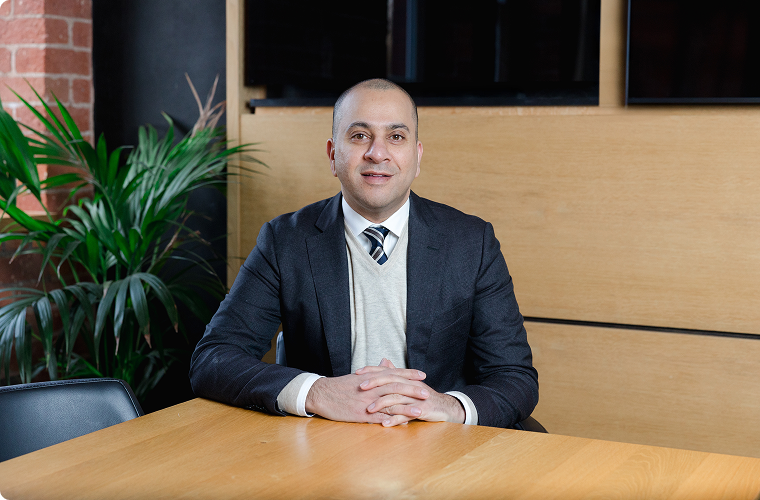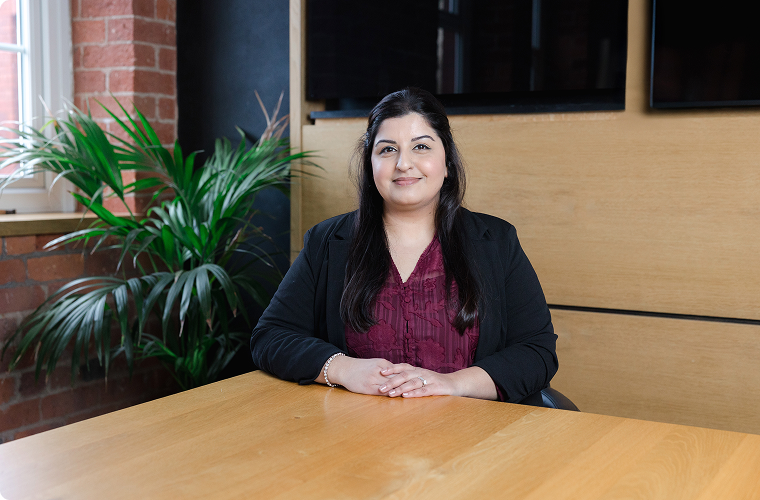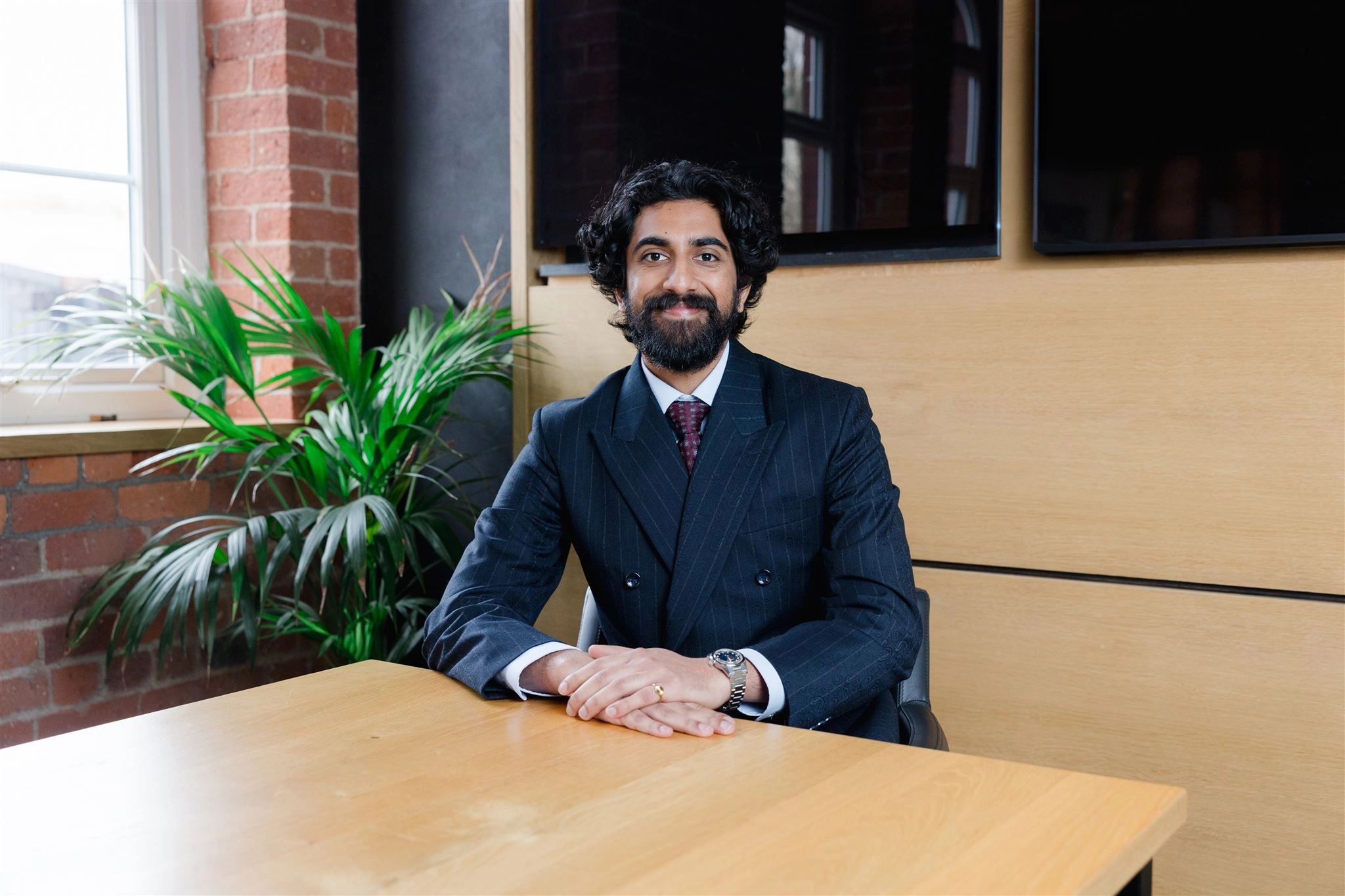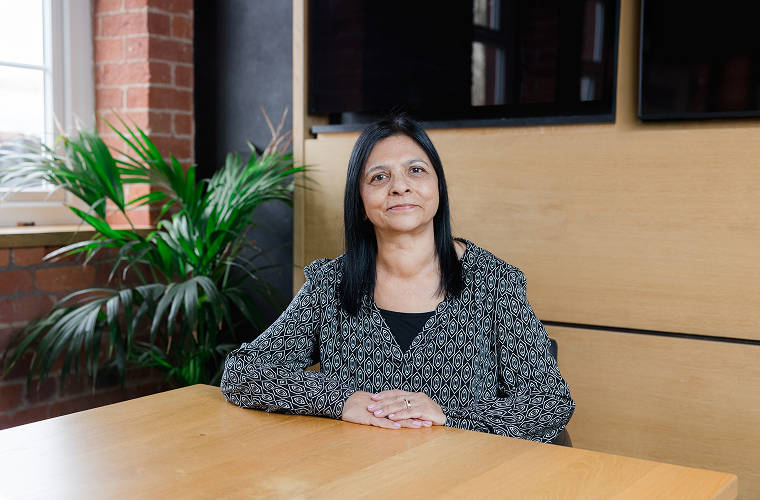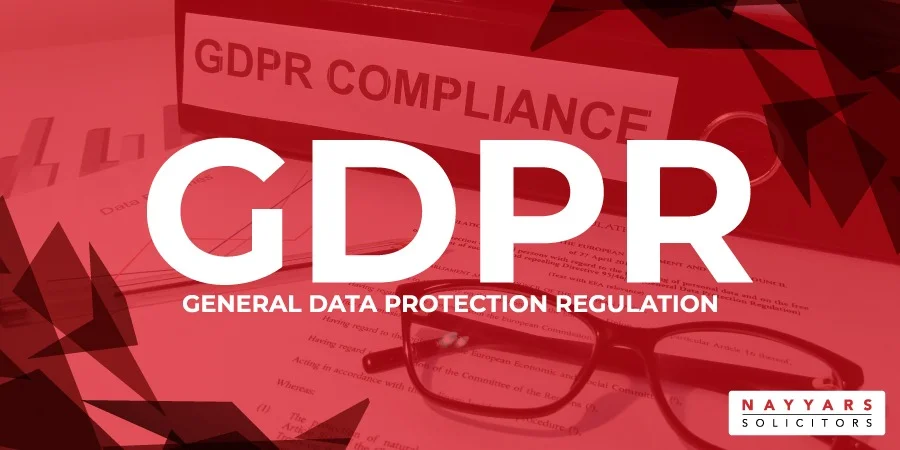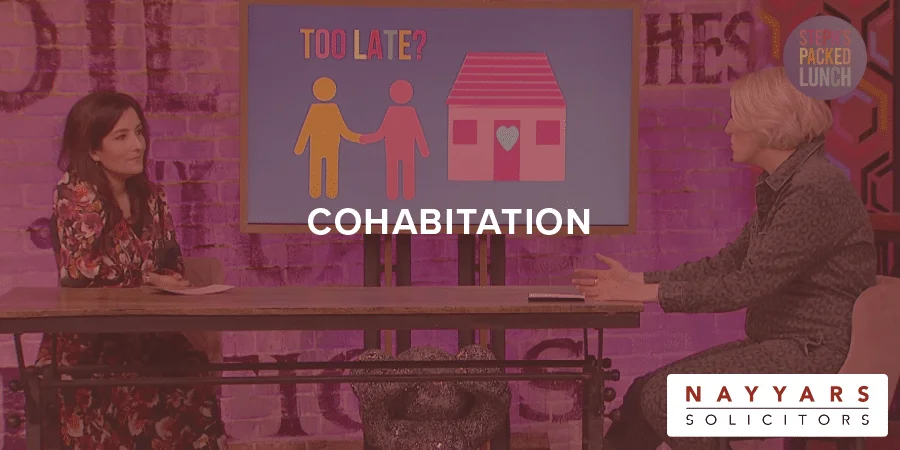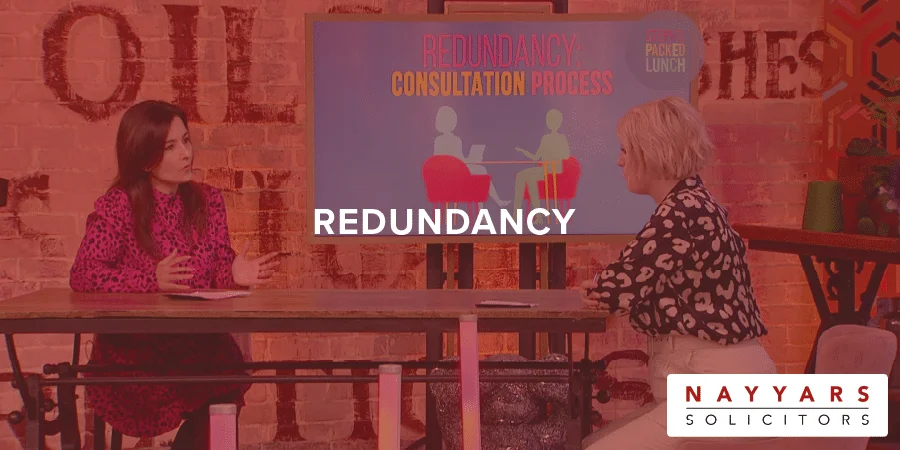Lasting Power of Attorney
We tend to assume that we will always be able to make important decisions ourselves, but this may not always be the case.
If you become ill, incapacitated, or lack the cognitive capacity to make decisions regarding your finances and/or health for any reason, you may want a person you trust to make decisions on your behalf. This is where a Lasting Power of Attorney plays a key role. A Lasting Power of Attorney is a legal document that allows you to appoint a person you trust to make decisions on your behalf when needed. There are two different types of Lasting Power of Attorney (LPA):
- A health and welfare LPA – allowing someone you trust to make decisions regarding your medical care, daily routine, and where you live.
- A property and financial affairs LPA – allowing someone you trust to make decisions regarding your money, tax, bills, bank and building society accounts, property and investments, and pensions and benefits.
You can choose to have one or both types of LPA.
It is estimated that around 78% of adults in the UK do not have an LPA. This means that then they are unable to make decisions for themselves, and the person that you want to handle your affairs may be unable to do so. This may cause considerable stress and uncertainty for you and your family. In this case, your family would need to make an application to the Court of Protection to appoint a deputy. However, this process can be both lengthy and costly.



